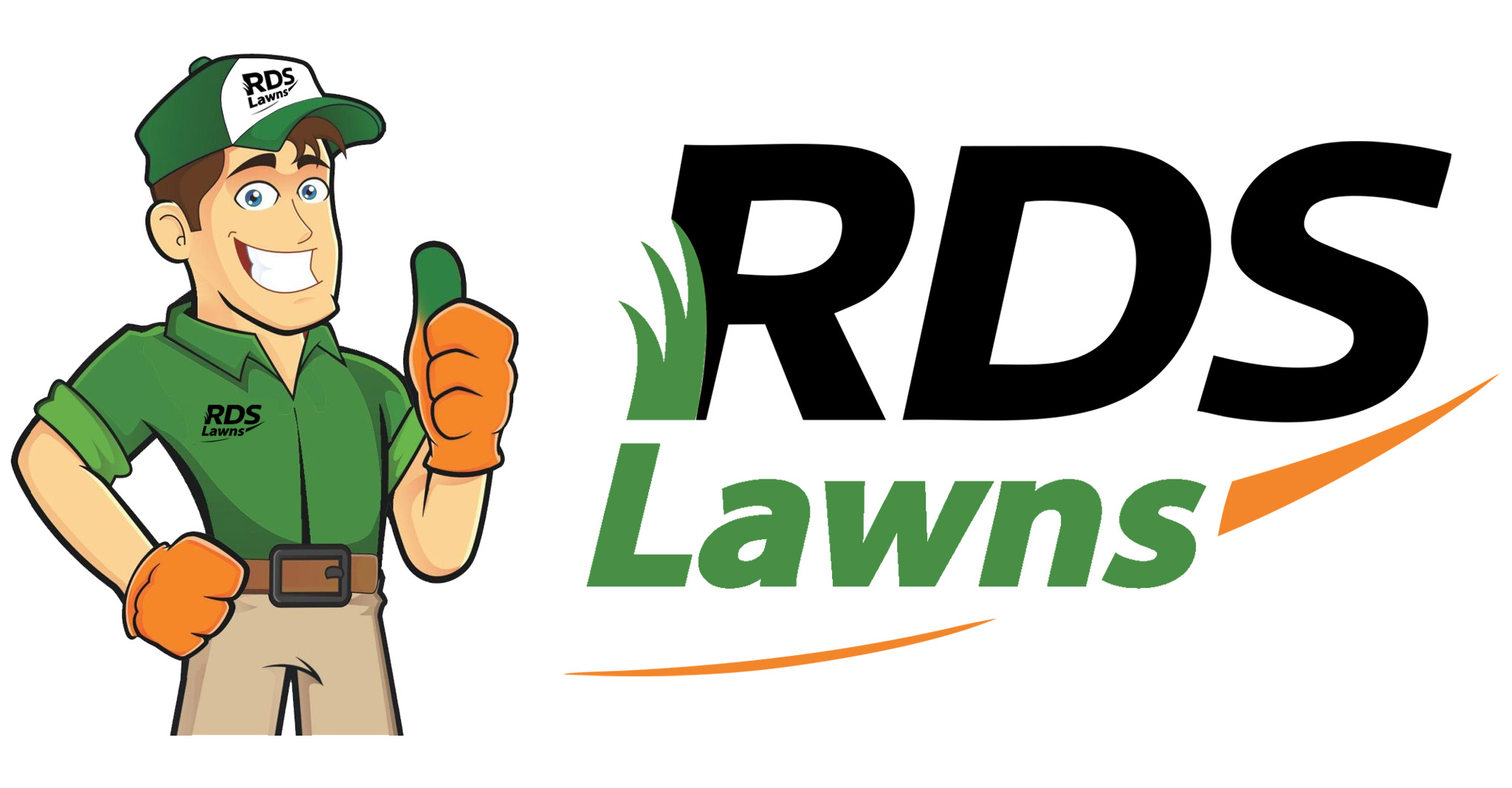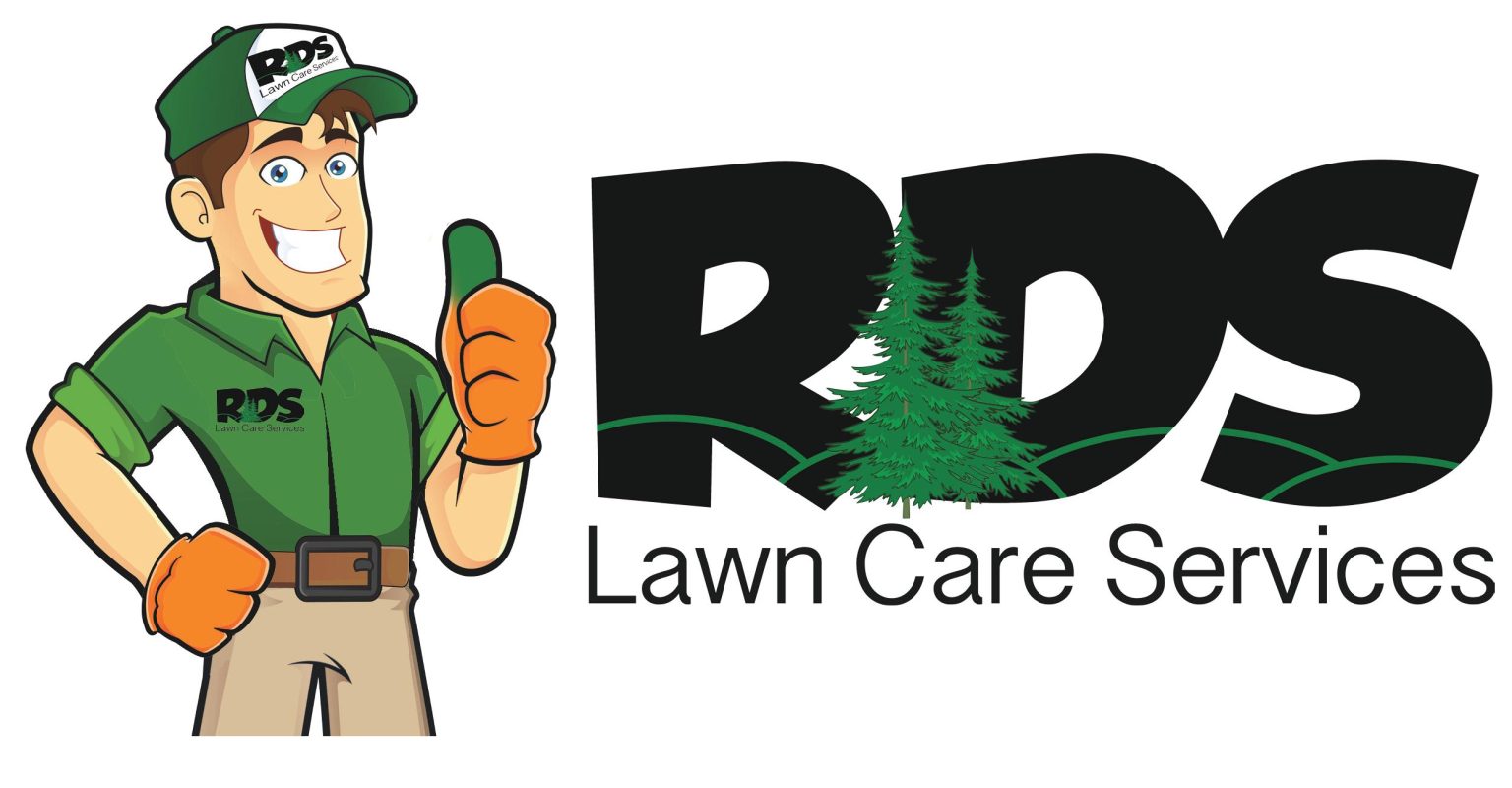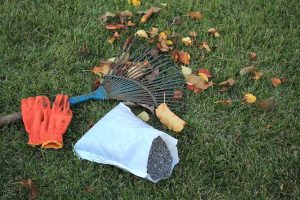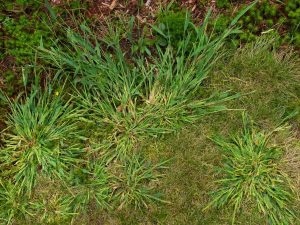Caring for a lawn in North Carolina is rewarding but it’s not without its challenges, especially when dealing with weeds for your lawns. The state’s diverse soils and climate create the perfect environment for an array of NC weeds to thrive, especially in Charlotte and surrounding areas. From humid summers to mild winters, weeds in North Carolina can quickly invade even the best-kept yards if left unchecked.
Identifying and managing common weeds in NC lawns is essential for keeping your property looking lush and healthy. That’s where local expertise from RDS Lawn Care Services comes in. As a trusted name in lawn weed control in Charlotte, NC, we know exactly what you’re up against—and how to win the battle for your lawn.
Understanding North Carolina’s Weed Landscape
Weeds in North Carolina thrive thanks to our unique climate, varying rainfall, and frequent lawn neglect or improper maintenance. Poor soil health, compacted soil, and inconsistent lawn care open the door for NC grass weeds and broadleaf invaders.
It’s important to understand the differences:
-
Broadleaf weeds (like dandelion or clover): Wider leaves, often with flowers.
-
Grassy weeds (like crabgrass, poa annua): Blades similar to turfgrass, but grow differently.
-
Annual weeds: Complete their life cycle in one year.
-
Perennial weeds: Come back year after year.
Recognizing the common weeds in North Carolina lawns is the first step to effective management.
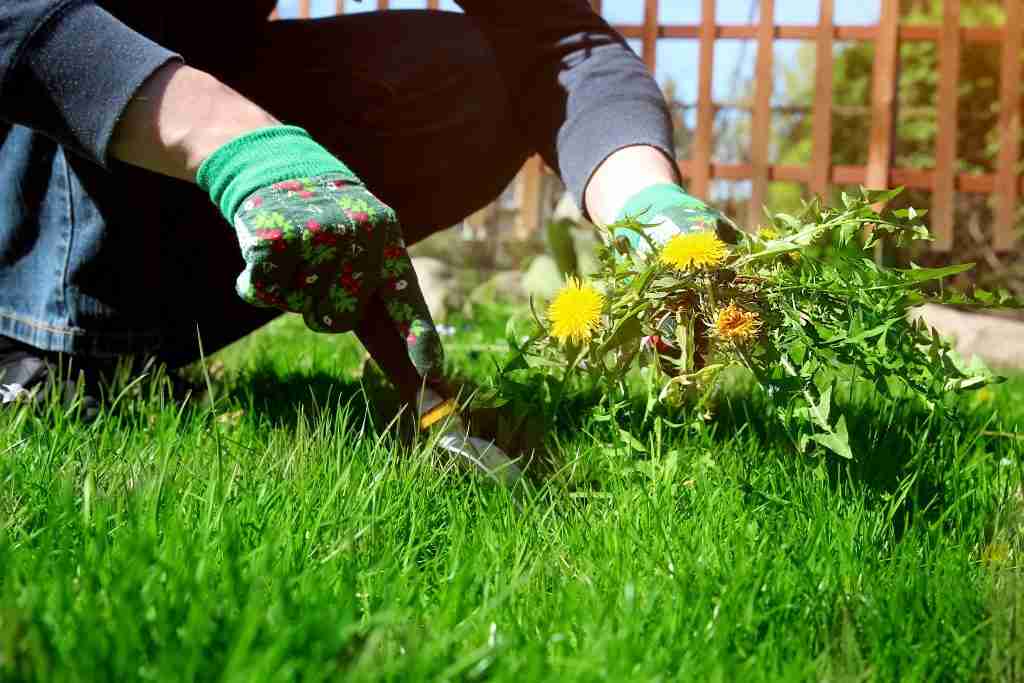
10 Most Common Lawn Weeds in NC
Here are the weeds for your lawns you’re most likely to see in Charlotte and throughout NC and SC lawns:
1. Crabgrass (Digitaria spp.)
Description & Identification: Light green, sprawling, coarse-textured grass that forms clumps.
Preferred Conditions: Bare spots, compacted soil, thin turf.
Active Season: Late spring through early fall.
How to Get Rid of It: Apply pre-emergent herbicides in early spring; mow high; maintain dense turf.
2. Dandelion (Taraxacum officinale)
Description & Identification: Bright yellow flowers, jagged leaves, fluffy seed heads.
Preferred Conditions: Thin turf, moist soils.
Active Season: Early spring and fall.
How to Get Rid of It: Pull by hand before seed heads form; use selective broadleaf herbicide.
Bring Real Change with Personalized Lawn Care
Expert lawn care services tailored for your home—reliable, eco-friendly, and affordable. Start transforming your yard today.
3. Clover (Trifolium spp.)
Description & Identification: Three round leaflets, sometimes with a white crescent mark, small white or pink flowers.
Preferred Conditions: Lawns low in nitrogen, moist soils.
Active Season: Spring through fall.
How to Get Rid of It: Increase lawn nitrogen; apply broadleaf herbicide; improve soil health.
4. Chickweed (Stellaria media)
Description & Identification: Low-growing mat with tiny white star-shaped flowers.
Preferred Conditions: Cool, moist, shaded areas.
Active Season: Fall to spring.
How to Get Rid of It: Mulch bare spots; use pre-emergent and post-emergent herbicides.
5. Bermudagrass (Cynodon dactylon) – as a weed
Description & Identification: Dense, wiry, creeping grass; can invade cool-season lawns.
Preferred Conditions: Sunny, drought-prone areas.
Active Season: Late spring through summer.
How to Get Rid of It: Dig out rhizomes; use non-selective herbicide for spot treatment.
6. Oxalis (Oxalis spp.)
Description & Identification: Resembles clover, but with yellow flowers and heart-shaped leaflets.
Preferred Conditions: Moist, shady spots.
Active Season: Spring through fall.
How to Get Rid of It: Pull when soil is moist; apply broadleaf herbicide.
7. Ground Ivy (Glechoma hederacea)
Description & Identification: Creeping stems, rounded scalloped leaves, purple-blue flowers.
Preferred Conditions: Shady, moist lawns.
Active Season: Spring and fall.
How to Get Rid of It: Hand-pull, but difficult; apply broadleaf herbicide.
8. Spurweed (Soliva sessilis)
Description & Identification: Low, mat-forming weed with small, sharp seed heads (“stickers”).
Preferred Conditions: Compacted, thin turf in winter and early spring.
Active Season: Late winter to early summer.
How to Get Rid of It: Apply pre-emergent in fall; post-emergent before seed heads form.
9. Yellow Nutsedge (Cyperus esculentus)
Description & Identification: Grass-like, shiny yellow-green, grows faster and taller than turfgrass.
Preferred Conditions: Wet, poorly drained soils.
Active Season: Late spring to fall.
How to Get Rid of It: Improve drainage; use nutsedge-specific herbicides.
10. Poa Annua (Annual Bluegrass)
Description & Identification: Light green, fine-textured grass with boat-shaped leaf tips and seed heads.
Preferred Conditions: Cool, moist conditions, compacted soils.
Active Season: Fall to late spring.
How to Get Rid of It: Apply pre-emergent herbicide in fall; overseed lawn with preferred turfgrass.
How to Prevent Lawn Weeds in NC
-
Mow regularly and at the proper height for your turf type.
-
Aerate your lawn annually to reduce soil compaction.
-
Fertilize according to soil test recommendations to promote thick, healthy grass.
-
Apply pre-emergent herbicides in early spring and fall to prevent weed seeds from germinating.
-
Use post-emergent herbicides to control active weeds.
-
Maintain a healthy, dense lawn to naturally choke out common lawn weeds in NC before they take over.

Why Choose RDS Lawn Care Services for Lawn Care in Charlotte, NC
When it comes to fighting North Carolina lawn weeds, you need a partner who understands local conditions. RDS Lawn Care Services delivers:
-
Local expertise: Decades of experience with NC grass weeds in Charlotte, NC and surrounding communities.
-
Tailored weed control programs: We customize plans for your specific grass type and soil conditions.
-
Customer-first service: We’re committed to your satisfaction with every visit.
-
Licensed and insured professionals: Safe, effective seasonal treatments for all types of lawn care Charlotte NC residents need.
Bring Real Change with Personalized Lawn Care
Expert lawn care services tailored for your home—reliable, eco-friendly, and affordable. Start transforming your yard today.
Hire a Professional Lawn Care Service Provider Today!
Don’t let NC lawn weeds ruin your curb appeal. Schedule a free lawn weed inspection with RDS Lawn Care Services today!
Request a Quote or call us at (insert phone number here). Proudly serving Charlotte, NC, and the surrounding areas in North Carolina and South Carolina for weeds for your lawns.
Conclusion
Understanding and managing common weeds in NC lawns is essential for keeping your yard healthy and beautiful. RDS Lawn Care Services is your local expert for weed identification, prevention, and control of weeds for your lawns—so you can enjoy a lush, weed-free lawn all year long in Charlotte and beyond.
Frequently Asked Questions
What are the most common lawn weeds in NC?
Crabgrass, dandelion, clover, chickweed, bermudagrass (as a weed), oxalis, ground ivy, spurweed, yellow nutsedge, and poa annua are among the top culprits as weeds for your lawns in NC.
How do I identify weeds in my lawn?
Look for differences in leaf shape, flower, or growth pattern compared to your turfgrass. Our experts can identify any weed for you.
Are all weeds harmful to grass?
Most common weeds in NC lawns compete with grass for nutrients, water, and sunlight, which can weaken your lawn.
When is the best time to treat weeds?
Treat annual weeds with pre-emergents in early spring or fall. Use post-emergents on active weeds as soon as you spot them.
Do I need to use chemicals?
Not always. A healthy lawn, regular mowing, and proper fertilization are your first line of defense. Some weeds require targeted herbicide use.
Are there natural weed control options?
Yes! Manual removal, mulching, and improving soil health are natural ways to reduce weed pressure.
What is the fastest way to get rid of weeds?
Early detection and removal, combined with the right herbicide, produce the quickest results.
Can I control weeds myself or should I hire a pro?
DIY is possible for small infestations, but persistent or widespread weeds often require professional help for lasting control.
Are weeds a sign of poor lawn health?
Often, yes. Weeds thrive in thin, compacted, or poorly nourished lawns.
How can RDS Lawn Care Services help?
Our team provides expert identification, tailored treatment plans, and ongoing support for weed-free lawns in Charlotte, NC.
